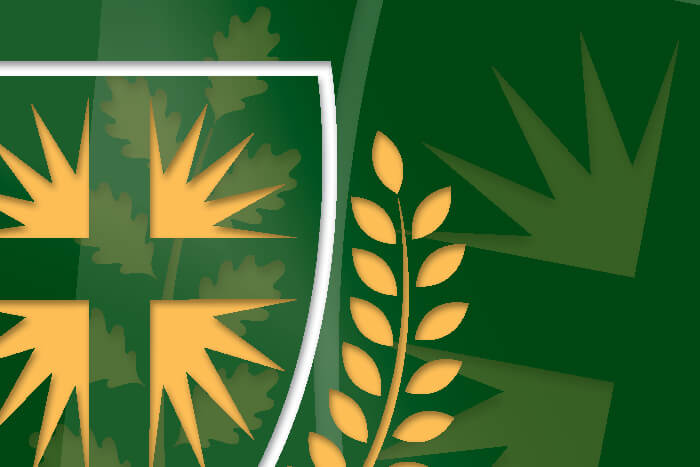

Spotlights
Humans of St. Norbert: Reid Riggle
Humans of St. Norbert: Reid Riggle
Humans of St. Norbert:
“We have a college-wide effort that’s called the commons for full spectrum learning. The idea of full spectrum learning is something that’s evolved over about eight years now. It started out as the digital learning initiative where a group of faculty were asked: ‘What’s the role of technology in teaching and learning at St. Norbert College?’ The idea was not foreseeing a pandemic, but rather to say, in a world of which our students are growing up surrounded by technology, how does that fit with a residential college like ours? At the beginning of that conversation people were saying: ‘Oh you want to go online?’ No, that’s not what we’re talking about, but enhanced learning, learning in ways that we wouldn’t be able to learn otherwise. Or, to be able to do things more efficiently which frees up time for us to go out into the field and do a community-engaged learning project. For example, if we’re going to lecture, then let’s record the lecture and put it online. Then, if you need to and you’re a slow writer like I am, you can go back and listen to the lecture another time. When I went to school, I had partial notes. This way, I would have never had partial notes. You could go back and listen as many times as you wanted to. That’s just one example.
“It feels like right now, we are in a giant experiment that we did not plan for. In general as a teacher, you would plan such a thing well in advance if you were going to make a big change in your teaching strategy or approach. In this case, we had minutes to figure this out. I think for some folks who were already pre-programmed in this area, it was fairly easy to shift online. I’m one of those people. Even so, there are still complexities.
“People will learn from this experience. There are some things that we can do well online that maybe people didn’t think we could do well online. We are also going to learn to appreciate some of the things that we would’ve normally done face-to-face that we might think of as very typical or mundane.
“If you are working in Steve Westergan’s class Introduction to Humanities, and you’re learning how to write, you have to come sit down with him as he talks to you about your paper line by line. That’s invaluable. There’s nothing like that. Talking on video chat is not going to be the same thing as you sitting in his office and doing that with him. I think we’ll find that there are things that are lost and we’re going to come to a balance point. We’re going to find that the real question is: ‘Ok, when we’re with students, what is the most valuable thing that we can do? What’s going to have the biggest impact, the thing that’s going to transform teaching, thinking, learning?’ Instead of: ‘How do I get the information across?’
“I think that when we have time to go back to unpack this and find out what happened to everybody, some people are going to say: ‘Nope, never want to do that again in my life.’ That’s fine, understood. But, there will be other people who will say: ‘You know, I like this part of it. I’m going to keep this part of it online.’ Our hope is that the full spectrum learning framework will give people a framework to think about where they’re headed next, to think about the possibilities and consider what’s best for students and the highest levels of learning.”
– Reid Riggle, associate professor of education and co-chair of teacher-education


